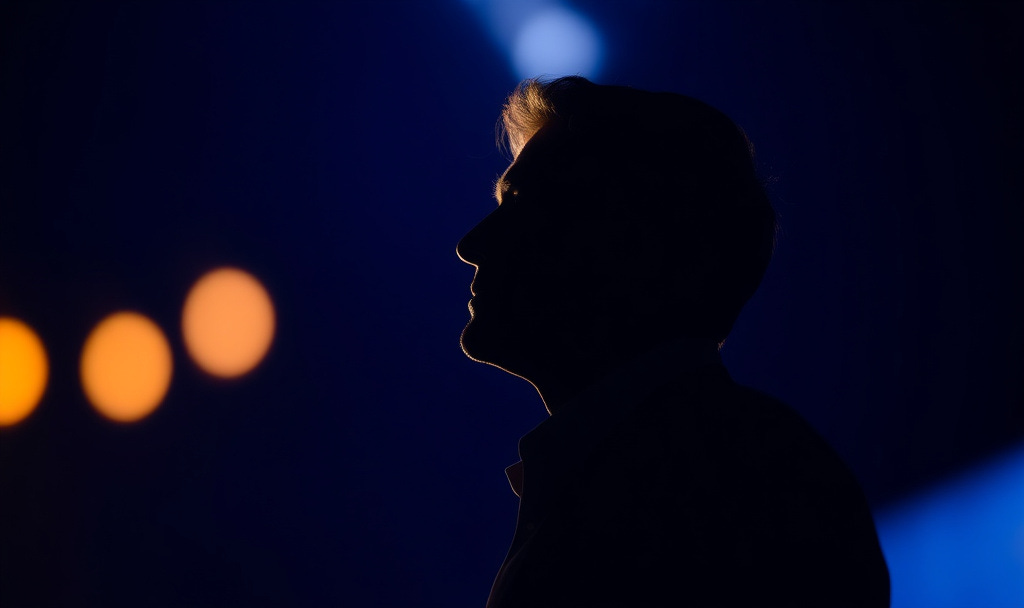Jack Schlossberg and the Rewired Legacy
From activist to candidate, the @jackuno paradox becomes purpose
In a time when dynasties are suspect and democracy is fragile, Jack Schlossberg reminds us that legacy means nothing if it isn’t earned.
When I first wrote about Jack Schlossberg, he was an activist with a camera and a conscience — speaking from the shoreline rather than the Senate floor. Now he’s traded surfboards for stump speeches, and the question isn’t whether he’ll uphold the Kennedy legacy, but how he’ll redefine it for a generation that distrusts dynasties.
As I said in the last Jack-centric piece, he truly is one of a kind. His @jackuno social persona says it all, doesn’t it? I’ll never forget my favorite comment on one of his Instagram video-grams: “I love whatever is wrong with you.” The affection behind it was impossible to mistake. That’s the kind of follower Jack attracts — people drawn to his candid humor, his ability to be both absurd and sincere in the same breath.
He’s built exactly the kind of loyal following that matters in the lion’s den of Trump 2.0 politics. Of course, his enemies will reactivate the old cynicism against legacy candidates. And yet, in an era when even Kennedys are no longer a Democratic Party exclusive, while Robert F. Kennedy Jr. is fixed in history as the defector, Jack has become one of the family’s sharpest defenders — the Kennedy who reclaimed the “D” in Democrat.
If elected by the constituents of New York’s 12th District, Jack will take his seat in the 119th U.S. Congress, a body that may yet prove to be the most ideologically fractured in modern history.
From Advocate to Candidate
Long before campaign consultants and PACs, Jack Schlossberg had already built something more elusive — trust. Through his @jackuno videos, he invited people into the raw edges of personality that most political figures smooth away. He was unfiltered but not reckless, funny but not flippant. There was something disarming about watching a Kennedy go live from a messy apartment, cracking jokes about the absurdity of modern life, then pivoting into articulate commentary on climate, education, and democracy itself.
That paradox — the earnest intellect inside an unpolished performer — became his signature. It’s what made him relatable, even when he invoked history. When Jack talked about public service, it wasn’t in the sepia tones of nostalgia; it was with the urgency of someone who recognizes the stakes of the present.
His activism, particularly in environmental causes and civic engagement, formed the groundwork for this moment. What once seemed like a young man experimenting with platform and voice now looks like preparation. JackUNO was never just performance art; it was political apprenticeship in real time — learning how to engage without alienating, how to critique power without cynicism, how to speak truth in a language people actually want to hear.
That skill — the ability to move between humor and gravity without losing credibility — may prove his greatest political asset. In an era of performative authenticity, Jack’s version of it still feels real.
The Kennedy Legacy, Rewired
For most of his life, Jack Schlossberg has carried the invisible weight of his name — a name that evokes idealism and tragedy in equal measure. Yet, unlike so many before him, he seems intent not on inheriting Camelot but dismantling its myth and rebuilding it from modern material. His version of legacy doesn’t rely on torchlight or marble. He might not have his grandfather’s luck of standing opposite the sweaty lip of Richard Nixon in the first televised presidential debate. No, Jack’s place in history can only be earned through irony, intellect, and a new kind of transparency.
In interviews and public remarks, he has rarely relied solely on lineage. He evokes the past, as we all do, but only insofar as it supports the merit. It’s a supporting rather than a defining feature of his presence. He draws attention to civic values — participation, compassion, reason — as if to remind the country that the Kennedy legacy was never meant to be inherited, only practiced. That’s a shrewd and necessary reframing in a time when dynasties are treated with suspicion and celebrity can obscure substance.
His candidacy, then, isn’t just a continuation of the Kennedy story but a revision of it. He’s translating an old vocabulary of service into a new idiom of authenticity. If Jack’s run for Congress succeeds, it won’t be because he looks backward but because he knows how to speak to a generation that doesn’t.
For all the analysis that will surround his campaign — the family comparisons, the inevitable nostalgia — the truth is simpler: Jack Schlossberg has done what many in his position could not. He has made people listen without first reminding them who his grandfather was.
And that, in the end, may be his quiet revolution — the moment when a famous name stopped echoing through history and started speaking in its own voice.
Editor’s note: This feature continues a thread begun in JackUNO Is One of a Kind, first published on Heavy Crown Press. The story has only grown more compelling — from civic advocate to candidate, Jack remains one of the few public figures whose authenticity feels entirely his own.



Epstein has taken all the oxygen from Jack in today’s news cycle.
It says a lot about where our attention goes — scandal over substance, noise over nuance.